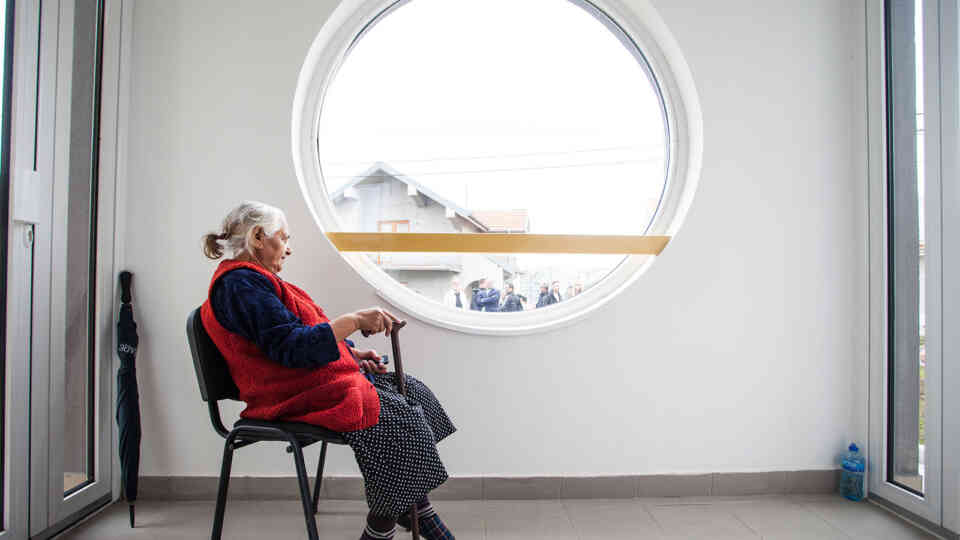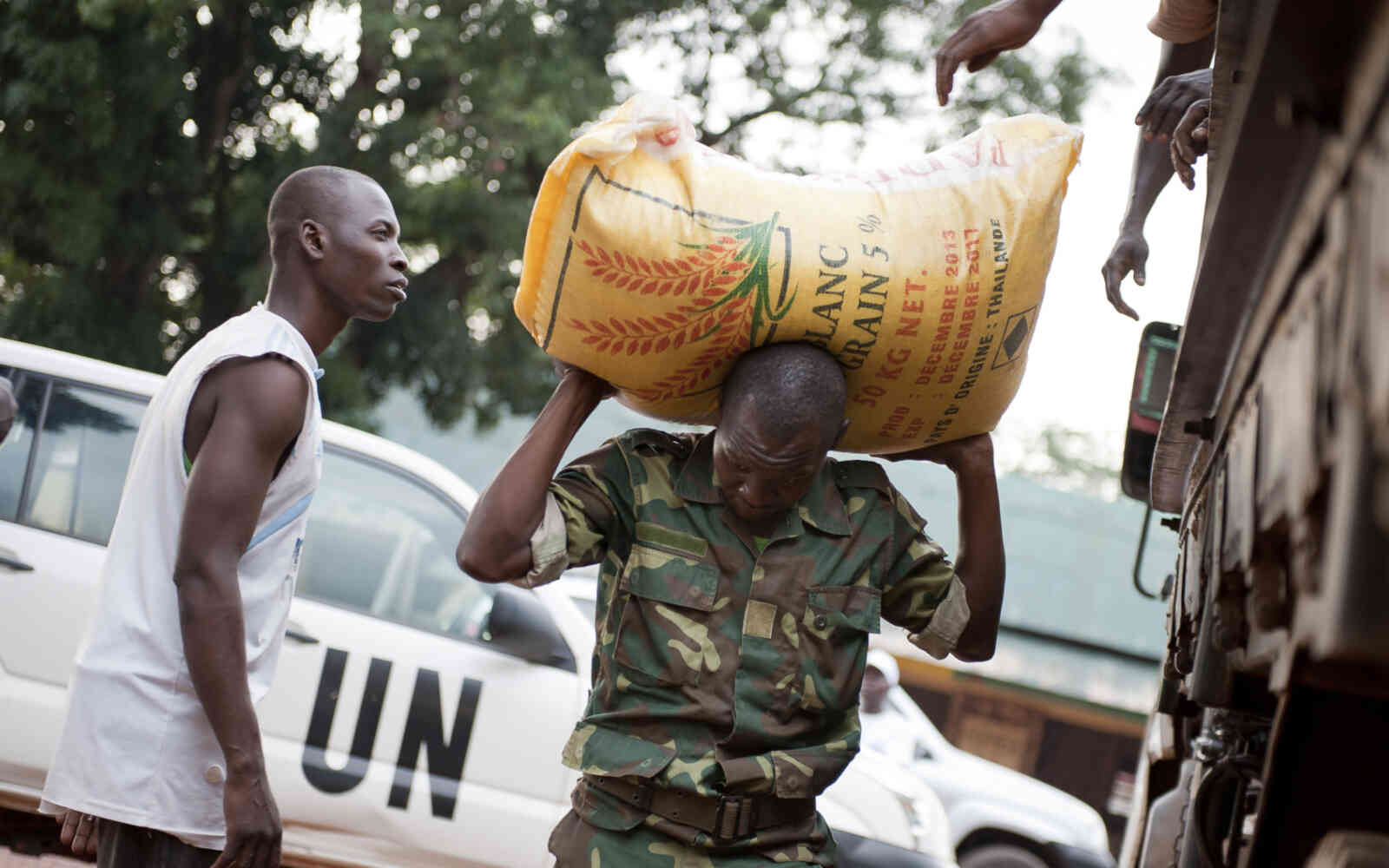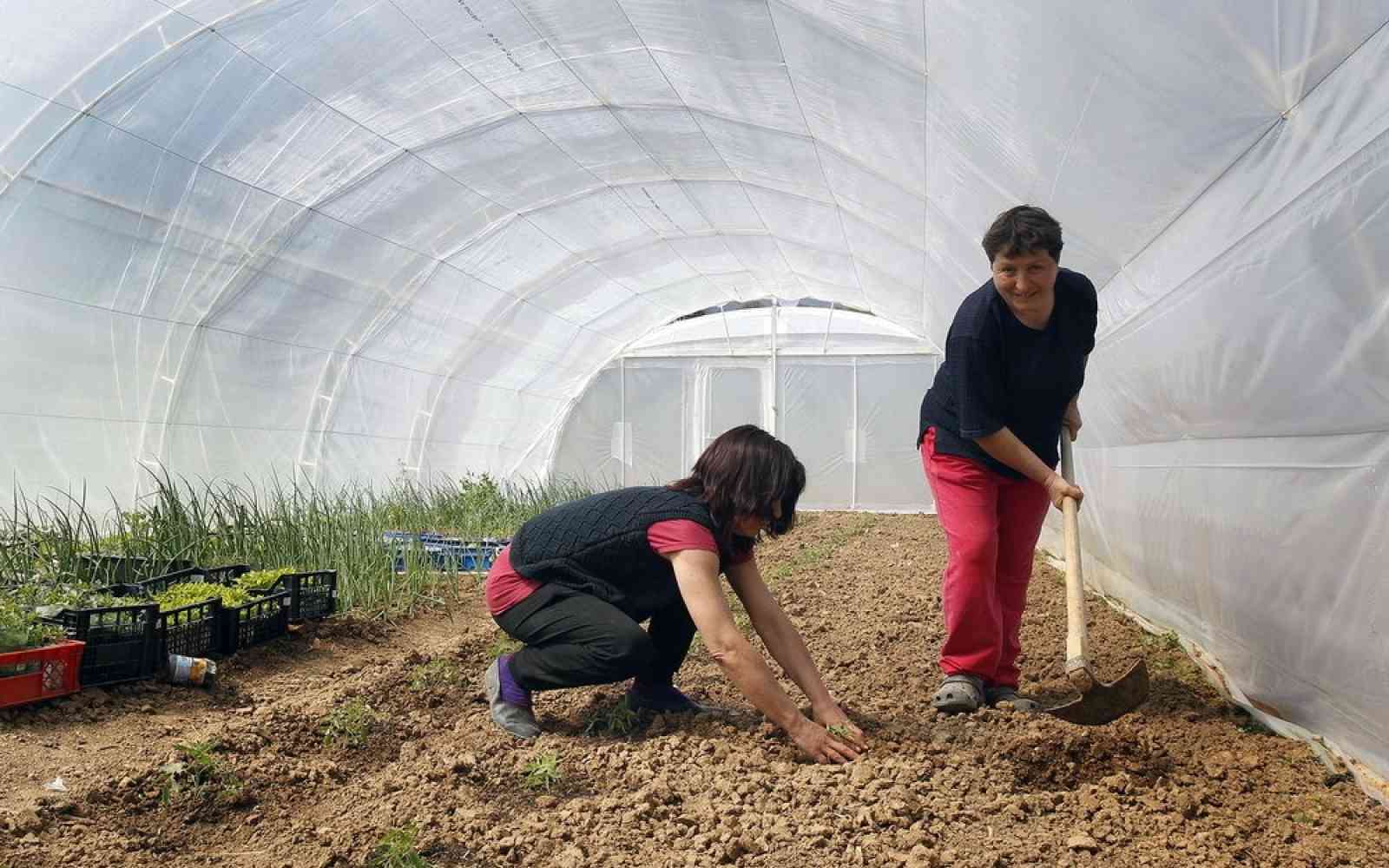The United Nations Office for Project Services (UNOPS)
UNOPS leads new joint UN programme to bolster local governance in Serbia
The ‘PRO - Local Governance for People and Nature’ programme is a collaboration between UN agencies and national and local governments.
The new initiative, funded by the government of Switzerland, is set to enhance local governance, social inclusion and environmental governance across 99 towns and municipalities in Šumadija, western, eastern and southern Serbia. UNOPS, UNICEF, UNFPA and UNEP will jointly implement the programme, in close cooperation with the government of Serbia.
The programme follows the successful completion of the Swiss PRO initiative and represents a continued commitment to advancing local governance and social inclusion in Serbia.
"This is a continuation of UNOPS commitment to improving the quality of life for Serbian citizens and addressing key issues such as local governance, social inclusion and protection, environmental sustainability and community empowerment," said Michela Telatin, Director of UNOPS in Serbia.
Joining with our UN family and with the generous support of the Swiss government, with the close cooperation of the government of Serbia, we are confident that this programme will have a tangible impact on the well-being and prosperity of the Serbian population. Together, we can build a more inclusive, sustainable and resilient future for all.
"One of the priorities of the Ministry is to further develop social protection services in the local communities, empower vulnerable individuals and families, but also to improve their social inclusion,” said Nikola Selaković, Serbia’s Minister of Labour, Employment, Veteran and Social Affairs.
“The programme focuses on supporting local governments in the social inclusion process and I am confident it will contribute to enhancing the quality of life of Serbian citizens,” he added.
The Swiss Government has provided €9 million in financial support, with UN agencies contributing an additional €1 million. The four-year programme will focus on providing technical assistance, capacity building and supporting projects managed by local self-governments and civil society organization projects.
The programme will also support activities related to livelihood restoration and social inclusion of the vulnerable waste pickers, affected by the solid waste management project, implemented by Serbia’s Ministry of Environmental Protection, funded by the European Bank for Reconstruction and Development and the French Development Agency.
“This new and innovative programme was created together with the Serbian government, local partners and four UN agencies, to address citizens’ needs at the local level in three priority areas,” said Richard Kohli, Head of Cooperation of the Embassy of Switzerland.


“I would like to thank all partners for their active participation in preparing this ambitious and highly relevant intervention that represents the flagship activity of the Swiss Cooperation Programme for Serbia,” he added.
Francoise Jacob, UN Resident Coordinator in Serbia, emphasized one of the programme's goals to enhance access to services for marginalized groups. She also noted the programme's alignment with the 2030 Agenda for Sustainable Development, including its focus on addressing pollution, climate change and biodiversity loss.
This programme is a direct response to the needs of those coming from the most vulnerable and marginalized communities.
New chapter of 🇨🇭coop. with LGs in 🇷🇸: Launch of the new project ‘Local Governance for People & Nature’. 🇨🇭HoC Kohli opened the event together with Minister Selakovic, representatives of @MDULS & @MinistarstvoZZS & @FrancoiseJ_UN. Joining forces for better local communities.🤝 pic.twitter.com/vDg8sTHaYP
— Embassy of Switzerland in Belgrade (@SwissEmbassyBlg) May 25, 2023
“With our combined efforts and unwavering support from the governments of Serbia and Switzerland, we can directly impact and improve the daily lives of the Serbian population through enhanced local governance, inclusion and social services. The programme also deals with environmental protection, thereby enhancing the quality of life and well-being of the Serbian population,” she concluded.
The planned outcomes include capacity building for local self-government improvements in the provision of electronic services and opening public data, strengthening local civil society organizations and increasing youth participation in the Green Agenda.
"The programme can help us include informal waste pickers in legal frameworks precisely through social enterprises that we see as showing extremely high potential for the future,” explained Sandra Dokić, State Secretary at the Ministry of Environmental Protection.
“The Ministry looks at informal waste pickers from two aspects – on the one hand, they actually contribute to improving environmental protection, and on the other hand it is extremely important that they have adequate protection as vulnerable groups and exercise all other rights," she added.
















